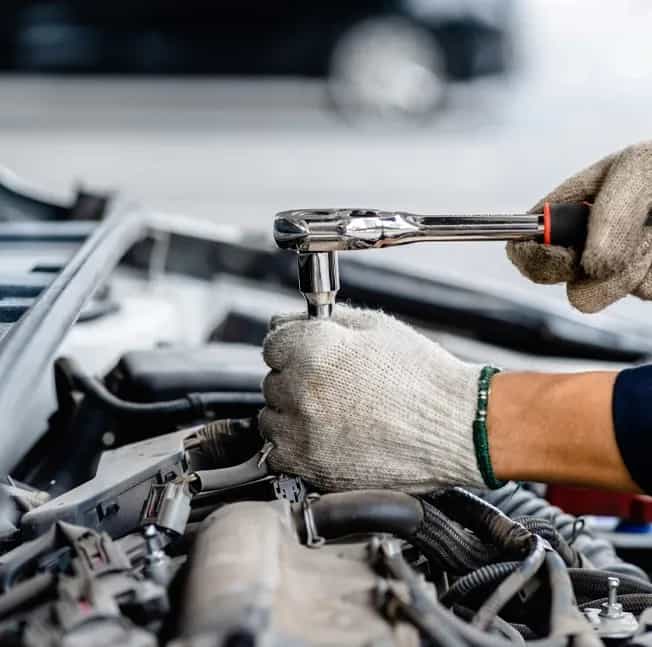des . 01, 2024 03:54 Back to list
rotary shaft oil seals
Understanding Rotary Shaft Oil Seals Importance and Applications
Rotary shaft oil seals are crucial components in a wide range of mechanical systems, providing effective sealing solutions for rotating shafts. These seals serve as barriers to prevent the leakage of lubricants and the ingress of contaminants, thus ensuring the longevity and reliability of machinery. In this article, we will explore the significance, types, materials, and applications of rotary shaft oil seals.
The Importance of Rotary Shaft Oil Seals
In any rotating machinery, whether it be in automotive, industrial, or aerospace applications, the presence of oil is essential for lubrication and proper functioning. However, without effective sealing, oil can leak out and contaminants can enter, leading to accelerated wear and tear, inefficient operation, and potential catastrophic failures.
Rotary shaft oil seals protect the integrity of the lubricant, which serves multiple functions, including reducing friction, dissipating heat, and preventing corrosion. By maintaining a sealed environment, these seals contribute to the overall performance and reliability of equipment, extending service life and reducing maintenance costs.
Types of Rotary Shaft Oil Seals
Rotary shaft oil seals come in various shapes and designs, tailored to meet specific requirements. The most common types include
1. Lip Seals These feature a flexible lip that contacts the rotating shaft, providing a dynamic seal. The lip can be designed with a specific profile to enhance retention of oil and to minimize wear.
2. U-Cups Often used in applications where the pressure differential can cause significant leaks, U-cup seals have a U-shaped lip that provides a tight fit against the shaft.
3. V-Rings These are designed to resist dirt and debris and are typically used in conjunction with lip seals to provide additional protection in harsh environments.
4. Flat Seals Used primarily in static applications or where axial movements are minimal, flat seals can be made from a variety of materials and are often employed in assemblies not subject to significant rotational speeds.
Materials Used in Rotary Shaft Oil Seals
The effectiveness of oil seals largely depends on the materials used in their construction. Common materials include
rotary shaft oil seals

- Nitrile Rubber (NBR) This is one of the most widely used materials for oil seals due to its excellent resistance to petroleum-based oils and its ability to withstand a wide range of temperatures
.- Fluoroelastomer (FKM) Known for its superior resistance to high temperatures and aggressive chemicals, FKM is often used in oil seals exposed to extreme conditions.
- Polyurethane This material offers excellent abrasion resistance and is used in applications where wear and tear are a significant concern.
- Silicone Ideal for extreme temperature ranges and low friction, silicone seals are often used in specialized applications but may be less effective against certain oils compared to rubber materials.
Applications of Rotary Shaft Oil Seals
Rotary shaft oil seals are found in a myriad of applications across different industries
- Automotive From engine components to transmissions and differentials, oil seals play a vital role in maintaining the performance and efficiency of vehicles.
- Industrial Machinery In manufacturing equipment, oil seals protect bearings and facilitate smooth operation, minimizing downtime.
- Aerospace High-performance seals are used in aircraft engines and other critical systems where reliability and safety are paramount.
- Agriculture Farm equipment relies heavily on rotary shaft oil seals for proper lubrication of engines and hydraulic systems.
Conclusion
In summary, rotary shaft oil seals are indispensable components in modern mechanical systems, ensuring the efficient operation of machinery by preventing oil leaks and contaminant ingress. By choosing the appropriate type and material of oil seal for specific applications, industries can significantly enhance performance, extend equipment lifespan, and reduce maintenance costs. Understanding the importance of these seals is essential for anyone involved in the design, maintenance, or operation of rotating machinery. As technology advances, the development of more resilient and efficient seal designs continues to be a key focus for engineers and manufacturers worldwide.
-
The Trans-formative Journey of Wheel Hub Oil Seals
NewsJun.06,2025
-
Graphene-Enhanced Oil Seals: Revolutionizing High-Pressure Oil Sealing
NewsJun.06,2025
-
Future of Hydraulic Sealing: Advanced Intelligent TCN Oil Seals
NewsJun.06,2025
-
Don’t Let a Broken TCV Oil Seal Ruin Your Day
NewsJun.06,2025
-
Bio-Inspired Dust Seals for Better Sealing Performance
NewsJun.06,2025
-
Biodegradable and Sustainable Hydraulic Seal Materials
NewsJun.06,2025
-
Top Oil Seal Solutions for Your Industrial Needs
NewsMay.22,2025
Products categories
















